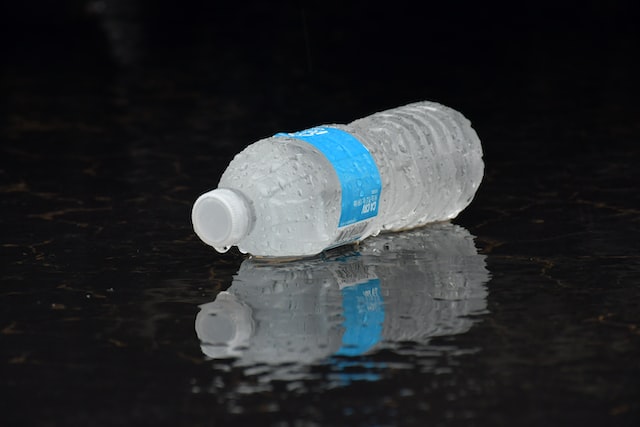You shouldn’t waste time, because life is made up of increments of time. And we shouldn’t waste money, of course.
Ironically, most of have to waste our time making money, only to then waste that money on unnecessary purchases. On it goes, perpetually repeating the cycle.
There are some things in life you should never buy. You are only wasting money and making your financial future more uncertain by buying them.
Here are four big wastes of money to avoid completely.
Brand new cars
One of the most expensive purchases you could ever make, next to a house, is buying a new car.
A new car loses over 20% to 30% of its financial value the moment you accept the keys from a dealer. And it will continue to lose value every year that you own. Additionally, if you are not a gearhead or keep up on maintenance and repairs, then the overall value of the vehicle will crater.
The annual car maintenance cost for a car can range anywhere from $7,000 to $10,000.
If you need to sell it, no one will pay you your price because it has sentimental value to you. You may end up giving it away at a loss when buying another car from a dealer. And that same dealer will cheaply rehab your former car and sell it at a profit.
Typically, it’s cheaper to get a used car if it is in good shape and is easy to maintain. Even a slightly used car, such as one coming off a short-term lease, is far better than buying new.
Premium-grade gasoline
Gasoline is high enough. Unless your owner manual calls for it, or you drive a car with a turbocharged engine or a high fuel compression ratio, buying premium gasoline is a waste of time and money.
Higher octane fuels are designed for specific engines, which is usually only the engines found in pricey “performance” vehicles.
Read your owner’s manual carefully; it may merely “suggest” or “recommend” that you buy premium-grade gasoline. Almost every ordinary, everyday-use 21st-century vehicle receives no added benefit from premium gasoline.
Unless your owner’s manual or mechanic says otherwise, stick to regular and save some money.
Credit card monitoring services
Credit monitoring services are designed to alert you of identity fraud, and theft, and monitor any changes to your credit.
The average cost of a credit monitoring service is $9 to $40 monthly.
However, do you really need it? If you proactively protect your financial data, you won’t have to worry that much about identity fraud.
And even if your credit score drops, a credit monitoring service can’t prevent it or do anything about it. All they can do is alert you of the credit score change.
You could get a free annual credit score report from Experian, Equifax, or TransUnion.
Some credit cards offer you free access to your credit score on a regular basis. It may be printed on your monthly statement or you can request it regularly as a membership perk. Many websites also now provide regular credit reports just for signing up, such as CreditKarma.
Bottled water
Plastic bottles are destroying our ecosystem and are a waste of money.
A lot of the fish human beings depend on for food contain worrying amounts of microplastic particles. And this is not a new problem, since fish have probably been eating microplastics since the 1950s.
But let’s assume that you don’t care about that. Buying plastic water is definitely a waste of money.
Up to 64% of the bottled water that you buy in a store is municipal tap water. Some bottled water companies bottle the same tap water that comes from your sink faucet and then charged you ridiculously marked-up prices for the privilege.
A gallon of bottled water could cost a few bucks or as much as $9.50. That is over 2,000 times the cost of the water you get from your faucet.
Invest in a simple stainless steel water bottle and bring water from home instead.


